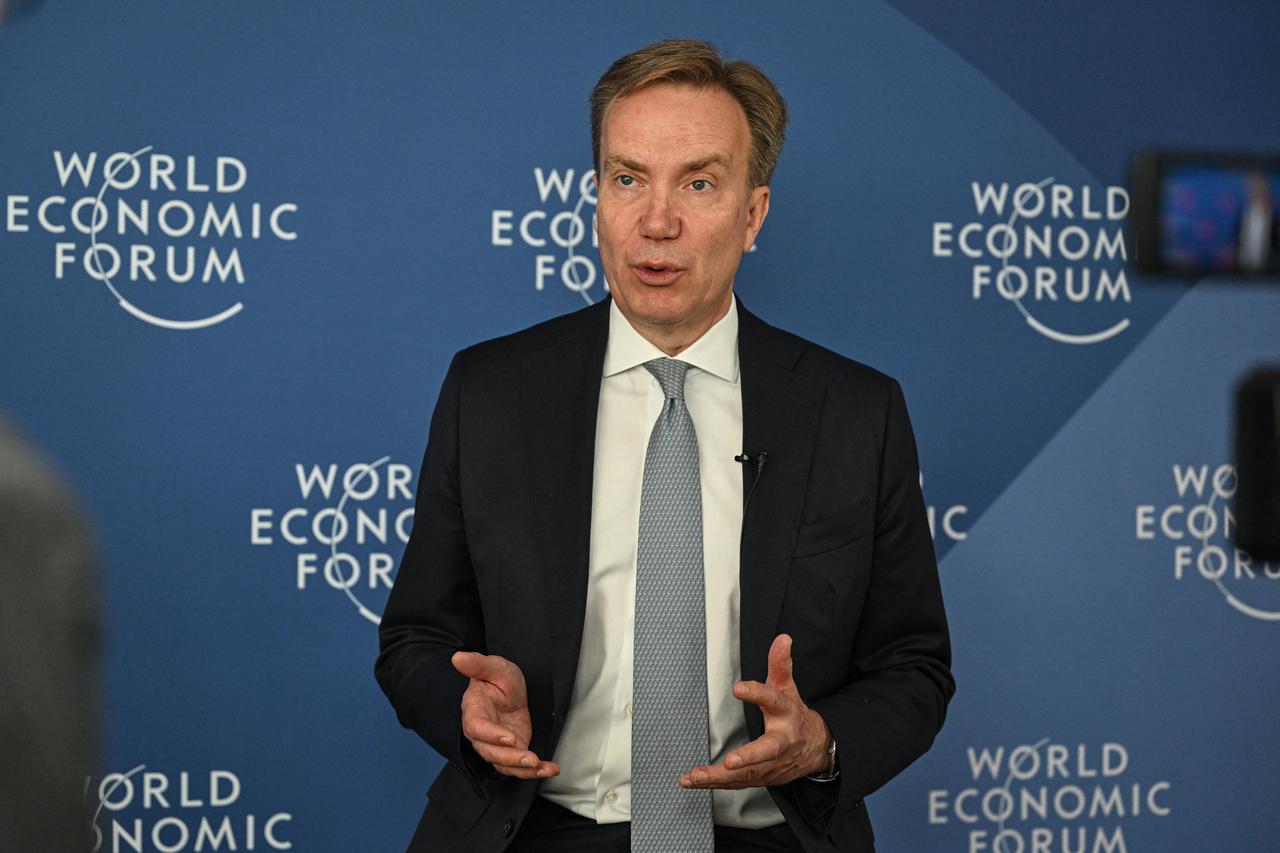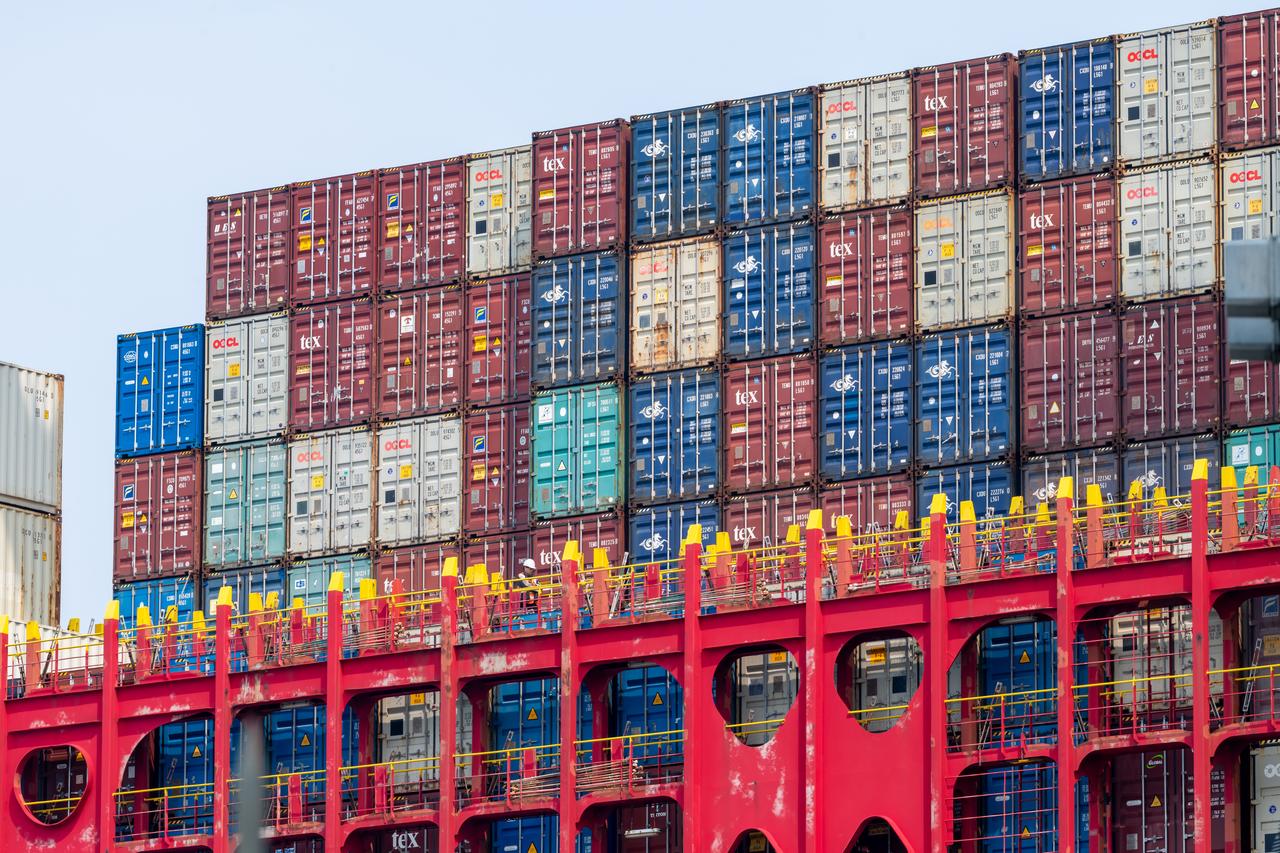
The global economy could face a decade of sluggish growth if current turmoil continues, the head of the World Economic Forum (WEF), Borge Brende, warned on Tuesday, highlighting what he described as the “most complex” geopolitical and geo-economic backdrop in recent memory.
Speaking ahead of the WEF’s annual summer meeting in Tianjin, China, Brende told Agence France-Presse (AFP) that ongoing instability is taking a toll on global output. “If we are not able to revive growth again, we can unfortunately see a decade of lower growth,” he said.
The summit, widely referred to as the “Summer Davos,” is being held in the port city of Tianjin at a time when global trade and economic cooperation remain under strain. The recent flare-up between Iran and Israel and months of disruptions caused by a tariff war initiated by U.S. President Donald Trump have added pressure to already fragile global markets.
Although Trump delayed sweeping tariffs until July and held talks to ease the impact of bilateral trade tensions, particularly with China and the EU, these measures still pose a major risk to global trade by fueling protectionist policies, which in turn add to already elevated inflationary pressures and a fragile economic outlook following the COVID-19 fallout.
Recently, both the World Bank and the International Monetary Fund revised their global growth forecasts downward. The World Bank now expects global gross domestic product (GDP) to grow by 2.3% this year, down from its earlier projection of 2.7%.
However, Türkiye is expected to outperform this outlook, as both institutions forecast the Turkish economy to grow above the global average, with the World Bank estimating 3.1% and the IMF projecting 2.8%.
While acknowledging the difficulty in predicting the final outcome of current tariff negotiations, Brende noted that traditional globalization has been reshaped.
“The traditional globalisation we saw is now changed into a different system,” he said. “That is a new chapter... especially since trade was the engine of growth.”

The economic trajectory of China is also a major topic at this year’s WEF gathering. Brende emphasized the country’s significance, predicting that it will contribute nearly 30% of global growth in 2025. “China really does matter,” he said.
Despite ongoing challenges—including a prolonged property crisis and weak domestic consumption—Chinese policymakers have implemented a series of supportive measures, such as interest rate cuts and the removal of housing purchase restrictions. Authorities are also betting on emerging sectors like digital services and artificial intelligence to drive future expansion.
Brende expressed cautious optimism, noting that China is repositioning its economy toward internal consumption and advanced technologies. “China is pivoting its economy more towards digital trade, towards services and also now opening up for increasing domestic consumption — something that is important,” he said.

Looking ahead, Brende said artificial intelligence and other disruptive technologies could potentially take over the role once played by global trade in stimulating growth. “You cannot exclude that new technologies, including AI, can ... maybe replace the important role that trade had,” he remarked.
Although he stressed that trade would remain “very important,” Brende said innovation could offer the productivity boost needed to “avoid a decade of sluggish growth.”
The Tianjin meeting has drawn high-level participants, including Singaporean Prime Minister Lawrence Wong and former U.K. Prime Minister Tony Blair. Chinese Premier Li Qiang is set to deliver the keynote address on Wednesday.